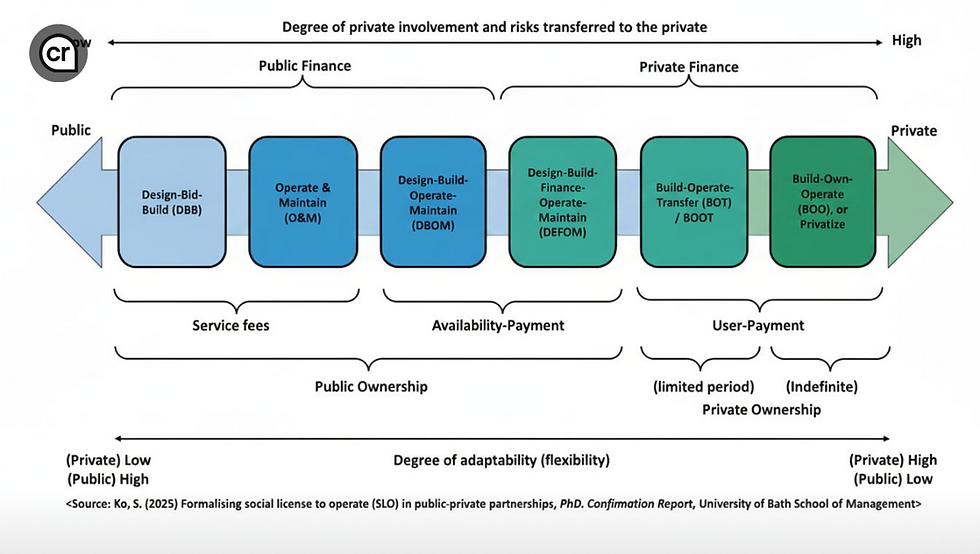Lessons from the Privatisation of UK Water Companies - Challenges and Responsibilities
- bluechain

- Mar 13, 2024
- 2 min read

In recent months the UK water industry has come under scrutiny, particularly in regards to the challenges faced by the finances and performances of privatised water companies. Ongoing issues with debt, fines for environmental violations, and regulatory pressures have brought these concerns to the forefront.
External investment comes at a time when rising inflation and interest rates are making debt servicing increasingly burdensome for UK water companies. This has resulted in Southern and Thames Water facing similar predicaments, requiring a significant equity injection to navigate their financial challenges.
The privatisation of water utilities in England in 1989 brought unique challenges. While designed to stimulate investment without taxpayer reliance, it also created regional monopolies with significant environmental and public health responsibilities. Recent fines for sewage discharges highlight the delicate balance between profitability and environmental stewardship these companies must maintain.
Ofwat, the industry regulator, has urged water companies to develop a 'social contract' with stakeholders, emphasizing public duties and environmental responsibilities. However, not all companies have embraced this approach wholeheartedly.
There is a growing call for tighter regulation and a clearer delineation of public duties and social responsibilities for these essential service providers. The focus on dividends and shareholder returns must align with long-term sustainability goals and environmental protection.

Six major English water companies are stepping up their efforts to reduce sewage spills with a combined investment of £180 million ($231 million). The new funding will finance additional sewage monitors and employ artificial intelligence to manage storm loads.
However, the largest offender, Thames Water, who is notably absent from this initiative, faces challenges meeting regulatory demands and lacks shareholder support for its turnaround plans. The utility's parent company has committed £750 million contingent on regulatory approval, which could lead to a substantial increase in customer bills. Thames Water is under scrutiny for potential regulatory breaches and is subject to investigations by regulators and law enforcement agencies over sewage spills. A negative ruling may result in fines or administration for the company.
The initiative highlights the urgent need for improved sewage management across the UK, balancing environmental protection with the financial sustainability of water companies.
Looking ahead, the lessons from the water industry resonate across other core utility sectors and even broader corporate governance discussions. A responsible capitalism model that prioritises public interest alongside investor returns could pave the way for more sustainable and equitable practices across industries.
In conclusion, the challenges faced by privatised water companies underscore the need for a balanced approach that considers financial viability, regulatory compliance, and societal responsibilities. As stakeholders continue to engage in these conversations, a reevaluation of privatisation models and regulatory frameworks may be necessary to ensure the long-term resilience and sustainability of essential services.




Comments